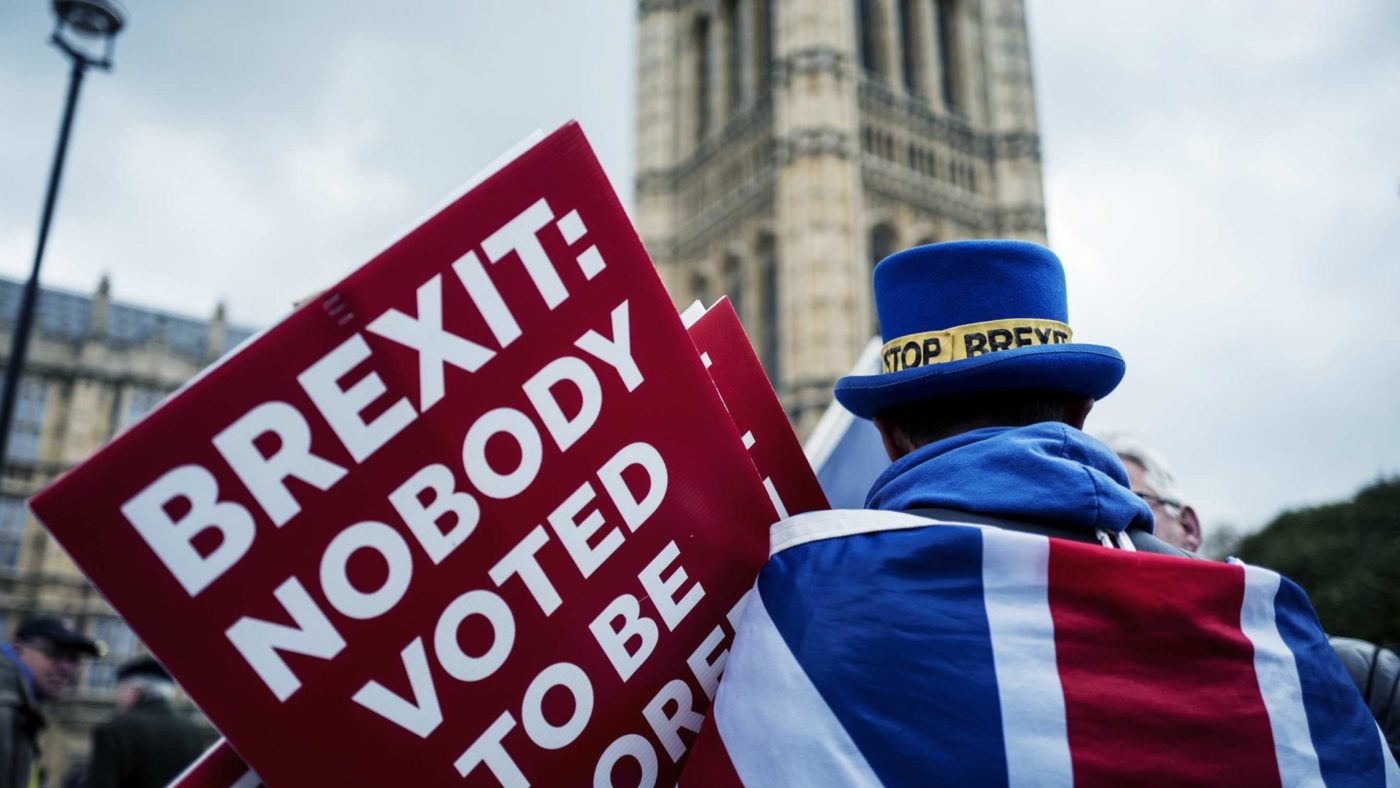Modern British politics is now defined by the volume and quality of intra-party shouting matches. This week we have had rage-infused reaction from Conservative MPs to Theresa May’s bombshell invitation to Jeremy Corbyn to help find a consensus over Brexit.
And at the same time, Ian Lavery, Labour’s pugnacious party chairman, prolonged a meeting of the Shadow Cabinet with much finger-pointing and loud accusations that if Corbyn supported a second referendum, he would split the movement.
Theresa May’s offer to enter talks with the Labour leader made her MPs nervous because they fear that a rerun referendum will be one of Corbyn’s demands – as it is the demand of many of his own MPs. And they fear that her previous resolve to resist such a demand will break down if she reckons it is the only way of having at least a chance of seeing Brexit through.
Most of them, even now, refuse to accept their own culpability in putting the Prime Minister in such an invidious position. They are peculiarly reluctant to admit that if they had just compromised a little and behaved like grown-up politicians – in other words, if they had voted for May’s withdrawal deal – Britain would now be a former member of the European Union.
There would today be no demands for another referendum – confirmatory or otherwise – and no prospect or need for us to be taking part in the European Parliament elections next month. Diaries would be being cleared to accommodate two major events – the election of a new Conservative Party leader and Prime Minister, and the start of phase two of Brexit negotiations, this time focusing on a trade deal.
All of this could be happening right now. But it isn’t, because Tory Brexiteers spat their dummies out of their prams because they weren’t getting everything their own way. So instead they look round to blame someone else – anyone else – for the absurd nightmare they’ve created for themselves.
Meanwhile, on the other side of the Commons, the Jekyll and Hyde party continues to face both ways and argues for two conflicting outcomes. Having virtually unanimously promised to respect the outcome of the 2016 referendum, Labour is hoping desperately that no one remembers that, with many of its leading figures demanding a “final say” for the public (provided they vote the right way next time).
Lavery is a strong supporter of his leader and, like any rare commodity, is valued appropriately: his offer to resign from the Shadow Cabinet after refusing to obey the party whip in support of a motion demanding a “confirmatory” public vote on Brexit was rejected by Corbyn, whose own enthusiasm for the measure is suspect. Lavery believes (and in this he is not alone on the Labour benches) that support for a rerun referendum will go down very badly in northern seats where Labour voters already feel abandoned by the party.
Who would have predicted that Brexit would have split the two main parties in a fundamental, perhaps even an existential, way? Well, everyone, actually. And if the voters’ final judgment at the next general election were to be “A plague on both their houses!” who could blame them?
Brexit itself now looks as likely to be lost as to happen. It’s hard to remember the morning of June 24, 2016, when opinion polls and expectations were overturned and Britain seemed destined to pursue a new, unknown but exciting path. It was to be entirely expected that Remainers would try to reverse that decision: they never hid their ambitions, though they did try to camouflage them with claims about democracy and referendums. The success of Yvette Cooper’s Bill to force the government to seek a long extension to the Article 50 process is just the latest and most successful tactic of a group who have always been up front about their aims.
No, if Brexit is lost, it will be down to those who campaigned for it, who persuaded people to vote for it and who, while accusing others in Parliament of betraying the “will of the people”, were busy doing exactly the same thing, and to the same end.
The perfect Brexit never existed outside the imaginations of a few hardline Tory MPs and Ukip-inclined politicians. They talk a good game but refuse to deliver, even when handed the opportunity to do so. Like children who have fallen out with their parents over some trifling matter, they have ostentatiously packed their little suitcase and marched towards the front door, enraged by their mum and dad’s apparent apathy to their anger. They turn the front door handle, gaze out into the lonely, cold darkness, then reluctantly close it again, and sneak upstairs to sulk until their mum brings them supper and kisses them goodnight. And life goes on as it did before.
Our departure from the EU was always going to be imperfect and compromised. It was always a choice between that and Remain. Don’t blame those who never supported Brexit in the first place – blame those who claim they did but whose actions belied their words.
CapX depends on the generosity of its readers. If you value what we do, please consider making a donation.


